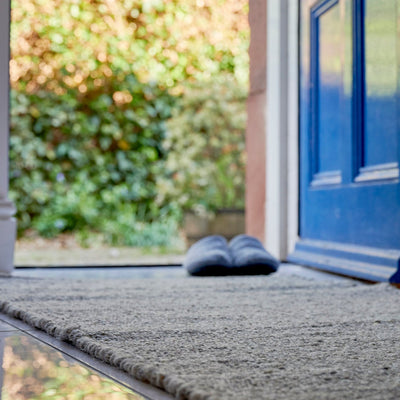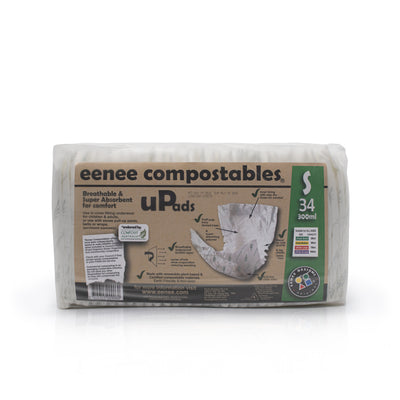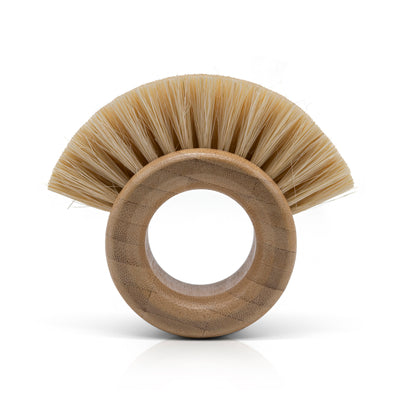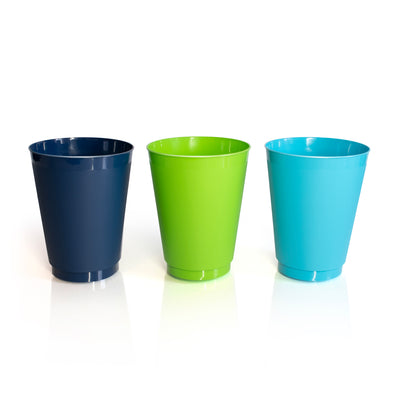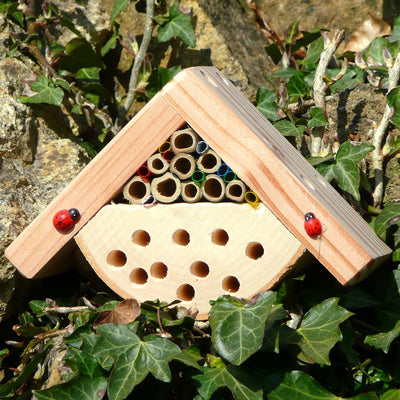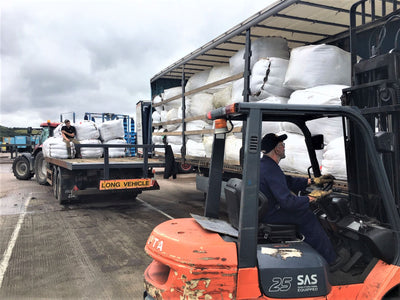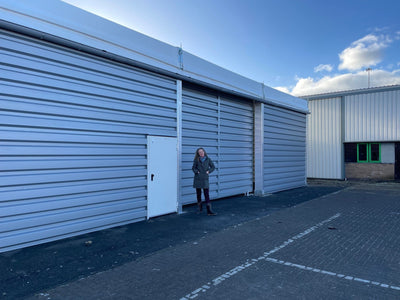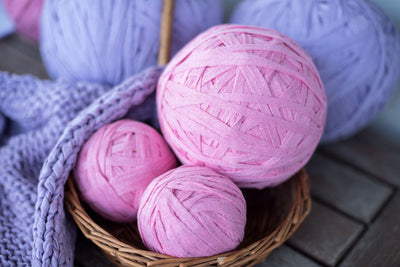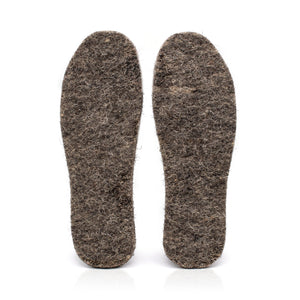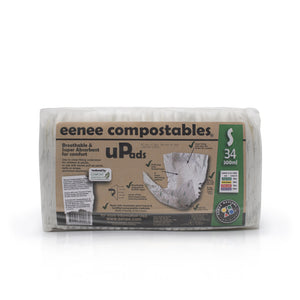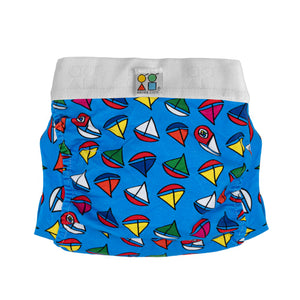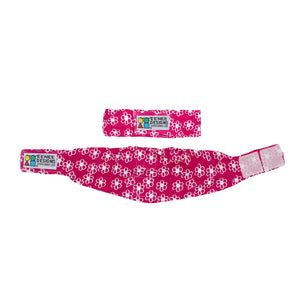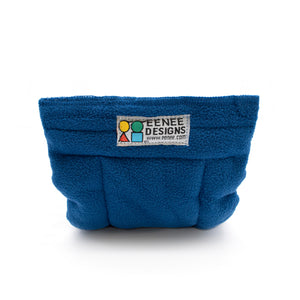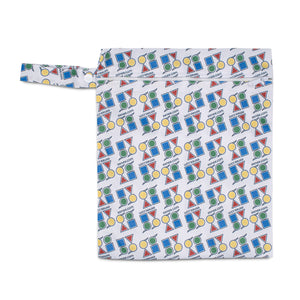Can you imagine life before wet wipes? It wasn’t that long ago. Wet wipes make life easier, cleaner, better. Wet wipes are not just for babies. They are so useful in everyday life and outdoor adventures. BUT disposable wet wipes have become a scourge upon the planet.
What’s wrong with non-biodegradable wet wipes?
Non-biodegradable wipes, often made from synthetic materials like polyester or polypropylene, do not break down easily in the environment. When they’re not disposed of properly, they contribute to long-lasting environmental pollution.
Many non-biodegradable wipes break down into smaller particles over time, forming microplastics. These microplastics can enter water systems, harm aquatic life, and potentially find their way into the food chain, posing risks to both the environment and human health.
The slow decomposition of non-biodegradable wipes leads to the accumulation of waste in landfills. This not only takes up valuable space but also contributes to the overall burden on waste management systems.
The production of non-biodegradable wipes often relies on the use of non-renewable resources, contributing to environmental degradation and exacerbating issues related to climate change.
Can you imagine recycling a used wet wipe? Yuck. They’re not very readily recyclable.
When non-biodegradable wipes find their way into oceans and water bodies, they pose a threat to marine life. Animals may mistake these items for food, leading to ingestion and potential harm to the ecosystem.
Using non-biodegradable wipes contributes to a linear, wasteful model of consumption. In a world increasingly focused on sustainability, there is a growing awareness of the need to choose products with lower environmental impacts.
So by using biodegradable wet wipes you are helping to make the world a better place. These are a little different from “normal” wet wipes but you quickly get used to them. We have reusable organic linen wipes for the ultimate in sustainability but DON’T WORRY about using these disposable ones. They will biodegrade and be less impactful on the environment. Only, please don’t flush them down the loo. You knew that, right? It’s just astonishing how many wipes end up being flushed away then jamming up the sewers or ending up in our waterways. Although these are sustainable wet wipes, they still take a while to decompose, so put them in the bin not the loo.
Can you imagine life before wet wipes? It wasn’t that long ago. Wet wipes make life easier, cleaner, better. Wet wipes are not just for babies. They are so useful in everyday life and outdoor adventures. BUT disposable wet wipes have become a scourge upon the planet.
What’s wrong with non-biodegradable wet wipes?
Non-biodegradable wipes, often made from synthetic materials like polyester or polypropylene, do not break down easily in the environment. When they’re not disposed of properly, they contribute to long-lasting environmental pollution.
Many non-biodegradable wipes break down into smaller particles over time, forming microplastics. These microplastics can enter water systems, harm aquatic life, and potentially find their way into the food chain, posing risks to both the environment and human health.
The slow decomposition of non-biodegradable wipes leads to the accumulation of waste in landfills. This not only takes up valuable space but also contributes to the overall burden on waste management systems.
The production of non-biodegradable wipes often relies on the use of non-renewable resources, contributing to environmental degradation and exacerbating issues related to climate change.
Can you imagine recycling a used wet wipe? Yuck. They’re not very readily recyclable.
When non-biodegradable wipes find their way into oceans and water bodies, they pose a threat to marine life. Animals may mistake these items for food, leading to ingestion and potential harm to the ecosystem.
Using non-biodegradable wipes contributes to a linear, wasteful model of consumption. In a world increasingly focused on sustainability, there is a growing awareness of the need to choose products with lower environmental impacts.
So by using biodegradable wet wipes you are helping to make the world a better place. These are a little different from “normal” wet wipes but you quickly get used to them. We have reusable organic linen wipes for the ultimate in sustainability but DON’T WORRY about using these disposable ones. They will biodegrade and be less impactful on the environment. Only, please don’t flush them down the loo. You knew that, right? It’s just astonishing how many wipes end up being flushed away then jamming up the sewers or ending up in our waterways. Although these are sustainable wet wipes, they still take a while to decompose, so put them in the bin not the loo.










